As I contemplate the future of my writing, one idea has blossomed into a garden of possibilities, and that’s to make my books available on podcasting platforms. It is a long-term project that will take a lot of effort, but I’d love to get there.
I’m quite decided to self-publish my books to maintain creative control (though if an offer is right, I could change my mind). I’m well familiar with the concept of publishing my fiction on different platforms, exposing it to the world and marketing it on my own, I’m already doing that, the only difference here for me is the audio aspect. I have a lot to learn, but I believe this is exactly what I should be doing.
Join me as I’m researching this topic and testing my podcasting skills.
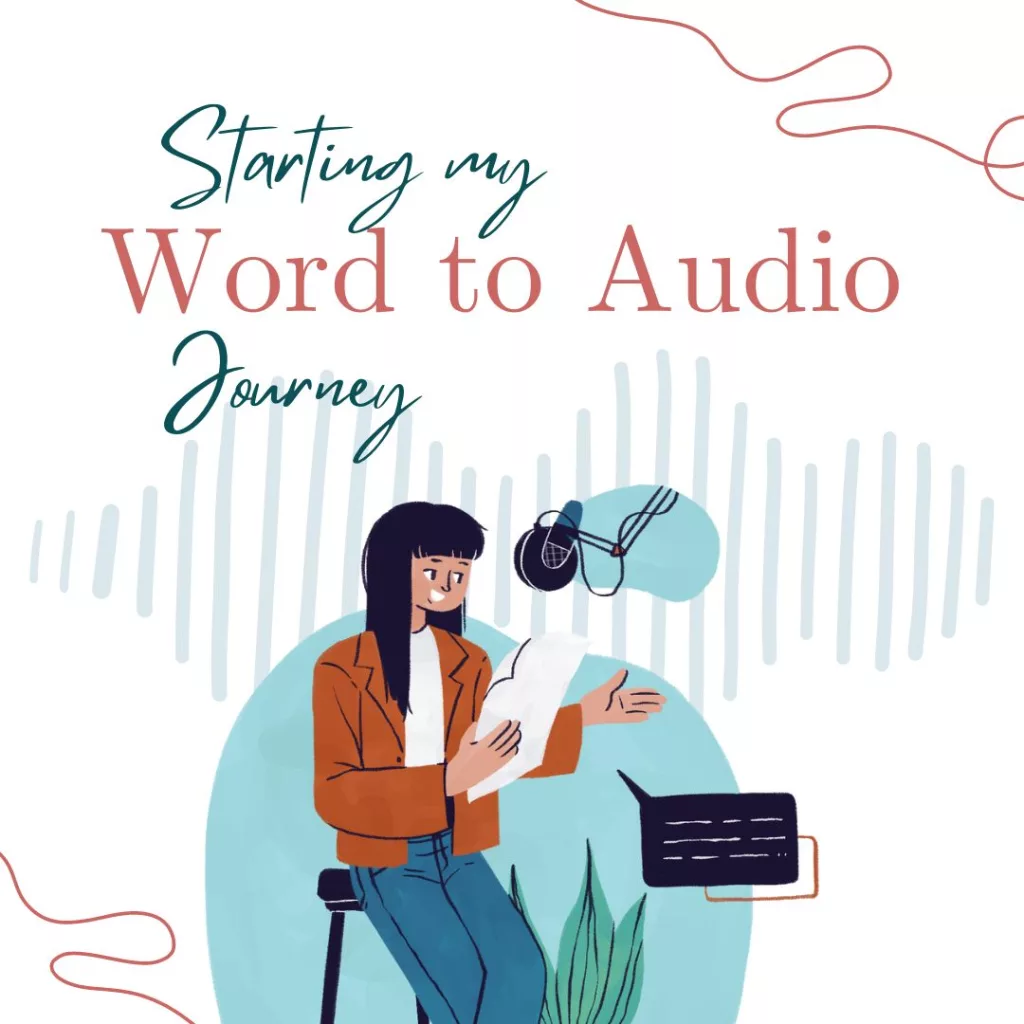
What is a narrative fiction podcast anyway?
Those of us old enough to remember may recall radio drama plays. These were fictional stories acted by voice actors, enriched by sound production. They played them on the radio just like talk shows. They were quite neat. It was like watching TV in your head. Without the visual component, you had to rely on sound cues and good dialogue to understand the story. These were the audiobooks for the radio.
The world of radio has changed and I have not heard of radio dramas still playing. But as podcasting has blossomed, the radio plays are making a comeback.
Narrative fiction podcasts combine both worlds, audiobooks and podcasting, to create something new and beautiful: portable storytime. As podcasting is an incredibly versatile platform, there is no “right” or “wrong” way to do it. From big budget productions with voice actors and fancy sound effects to a single narrator recording inside a closet, all formats can become outstanding.
There are many different kinds of fiction podcasts and they may run for many seasons. The stories within them may be long-running epics, or they may be short tales that change with every episode. No genre is taboo.
What is the difference between a narrative fiction podcast and an audiobook?
For starters, many fiction podcasts were never intended to be published as books. They’re presented in an episodic structure and a format suitable for audio. Translating them into written text might lose the spark that makes them special.
Presenting your story in a podcast goes much further than an audiobook. It’s more accessible (many are free to listen), easier to digest (varying lengths of episodes), and offer versatility of form. It may sound very similar to an audiobook, or it may sound closer to a movie, or it may be a completely new format experiment.
When the podcast is free, how does the creator get paid?
It’s simple: fan support.
In this publishing model you create your content, offer it for free with the hope that you’ll gather some fans that will subscribe and support the show. There’s no guarantee how many people will go the extra step and support you but if they do, hypothetically, you can earn more than when selling the same content as a book.
It’s quite simple. Instead of selling the book, let’s say, for $5 = one sale per reader, you get readers who subscribe $5 every month = multiple sales from each reader.
True, you need to gather fans so you need to create good content but that’s a given for any publishing strategy. So you can’t just hook the reader in the beginning. You need to continue hooking them so they would crave more.
Stats
I’ve found some really cool stats here compiled by Spotify.
For context, unless you do Comedy or sci-fi, all other fiction genres are mixed into Fiction. There’s a Drama subgenre available in the options, but I don’t see it in the stats. Maybe it’s new or not as popular.
Takeaways relevant to me:
- An ideal fiction podcast is about 30 minutes/episode.
- Gen Z makes up the majority of listeners, with 13-17 yo at the lead.
- Fiction is really popular in Latin Am. Not sure yet how to appeal to that audience. Representation in cast?
- Growth takes about 4 months. 4 months, dears. That’s a lot of waiting and hoping.
Example case study: a queer vampire drama
I’ve been listening to an amazing narrative podcast on Spotify: All Vampires Are Gay and I’m a fan. It’s a single-narrator audio drama written and narrated by the author, Corwynn Rosewood.
And honestly, I love this show/book and want it to continue so I’m planning to drop by the Patreon and see how I can contribute.
Why do I choose this format?
I really like the format that my case study podcast takes and that’s using ambient sounds but they also break each episode into scenes which they announce by their name and a short interlude. Then they have an outro that sums up the cliffhanger. That wouldn’t work in an audiobook but it works beautifully in a podcast. The listener can easily skip the intro or outro (though long intros get annoying – a thing I’m taking a note on).
I’m not drawn to podcasts that do a full theater production with a full actor cast and sound effects and all that. When browsing, I got really turned off when I landed on shows like that. Not sure why, could be a preference or maybe just because I wasn’t expecting it, but it felt like a lot of time was being wasted on realistic sounds when I’m fine if you describe the sound to me. Just get on with the story. My imagination can take care of the rest.
I like the “fiction podcast” format a lot more which blends the smooth listening of an audiobook and the creative freedom and episodic format of a podcast. Music in the background works well and an occasional sound like a thunder rumbling can help enhance the feel.
More important to me is who’s reading it. The narrator makes a huge difference.
The narrator’s skill matters
While the addition of music and sound effects is optional, there is no substitute for a good narrator.
My case study show, the author is the narrator and does an awesome job capturing the sassy fabulous vibe of the protagonist and that’s all the sound effects I need.
Aside from great narration, it’s got great sound production, catchy theme jingle and they recently rerecorded the early episodes and so they sound even better.
The one thing that this show has that I can’t replicate as well is the tropiness. It markets itself on being a queer vampire show and it delivers on that. Sure, I’ve got tropes too but they’re not as clear, there’s a lot more blending within them. Or maybe I just haven’t found the best way to capture my book’s appeal.
It’s not a big change for me
I look at what I’m doing with my writing and I already offer it for free online. I created a ko-fi account a while back and I got one subscriber that’s been supporting me for over a year. To grow this number, I’d have to get more aggressive with marketing.
But here’s my current problem: Wattpad isn’t my ideal platform. Sure, it’s a large audience but I don’t think it’s my ideal audience. I just don’t write the stuff that sells on WP. I tried other places and I run into similar issues.
I need a further reach to find my audience.
When I asked myself a while back, what is my ideal audience? What type of a person would be interested in reading my stuff, I’ve always come back to the conclusion that it’s someone like me.
The problem is that I don’t read a whole lot because I don’t have the time to invest in that. But what do I do a lot of? I listen to podcasts. I listen to them during my work commute. I listen while doing chores (I was listening to All Vampires Are Gay season finale yesterday while trimming chicken – best way to make the time go faster).
I think this is my answer. I want to make this work. I’m getting excited about this. I really want to make it work.
Practice runs
I tried recording a couple of episodes just for myself to see how it sounds and I see that I definitely need to practice but I think it’s doable. Here’s the initial list of what I need to work on:
Content
Can’t do anything without it. I need to have a backlog of content ready to record before I publish the first episode, so that I can release regularly (very important if I want to earning subscribers).
Equipment
Good microphone is a must, but also a computer with storage and good processing power. Audio files are large. I can’t expect my old laptop to be able to keep up with hundreds of them.
Recording space
I’m going to need a nice quiet spot with a good ambience (no echo).
Practice narration
What I need to practice is an ideal reading voice. From test runs I noticed that:
- I have an accent that I can’t get rid of but I think it’s easy to understand. I found an online voice coaching service that’s really affordable. I might actually give this thing a try.
- I rush. I need to slow down.
- Cadence. I noticed an annoying cadence in my reading . It’s like every word had it. It really got on my nerves after a while. I think I can get rid of it but I need to practice it.
- Character voices. This is tricky because it can feel pretty silly but essentially, it’s acting. I will have to work on that too.
Reality check
So for now, all of those are long-term plans. But as I get my content ready, I can start working on the points that require practice since that will take a while too.
I rerecorded a couple of chapters as further practice and I think I sound better. Practice definitely helps a ton. It only made me more excited to make this happen.
Choosing the right platform and tools
Spotify for Podcasters
Spotify was the first platform I’ve looked into because I’m a Spotify listener.
First impression:
- The phone app has more features than the desktop app. That’s quite opposite from what I expected.
- Limited features but very easy to use.
- Recording directly through the app produces fairly good audio.
- The app has some background music and intro/outro sound effects built in.
Overall, it’s a pretty good tool. It’s a little frustrating to use at times. I would expect this simplicity from a phone app, but I was hoping that the desktop/web app would be more powerful.
I’m not giving up on Spotify, I might use it as my platform but I think I need another tool to prepare my episodes in.
Podcastle
I gave Podcastle a try today. There’s a free tier to play with. The background noise removal worked like a miracle. Absolutely awesome. You can try only 3 for free sadly.
They have a nice interface, pretty easy to use. Comparing it with the plain Spotify podcasting tool (previously Anchor), Podcastle definitely has more tools BUT it doesn’t give me the control over the sound like I’d like it. The transition between clips (even their own sound clips) was very loud. Maybe other tools they offer would fix that (again, limited # of free uses), but it’s a little disappointing that I don’t have a way to fix them myself. What kind of an editor doesn’t give you options to edit?
Testing Garage Band
I’m really leaning towards using GarageBand that’s already built into my MacBook. GarageBand has all sorts of cool features for controlling the audio so you can transition in an out of clips smoothly and add music and soundclips if needed. I’m also already familiar with using a tool like this and like the freedom it gives me.
My biggest concern is how to get rid of the background noise.
Quick googling gives me this:
To take care of your background noise in GarageBand, you’ll need to find the noise gate feature. The noise gate can dampen sound below a designated volume across your entire track. Once you set up your noise gate, any sound below the noise gate threshold will get reduced. The range goes from -100db to 0 db.
Curious. Maybe I can use GarageBand for it all? It’s free and more powerful.
I tested the noise gate and found that it has its limitations. If I turn it up too high, the audio becomes choppy. If I don’t turn it up high enough, it doesn’t do anything. Podcastle did a better job at this. Perhaps there’s no substitute for a quiet room.
Another reason why I am looking at podcasting tools is because I’m concerned how much space all those audio files are going to take up. I’d rather not have to work plugged in to an external hard drive all the time, but maybe that’s exactly what I’ll have to do if I decide to use Garage Band.
What about monetization?
Spotify gives these options:
- Ambassador ads (promote Spotify – need to have listeners already and qualify).
- Subscription (release episodes only to subscribers).
- Donation (listen for free, donate if you want).
I’m guessing that other podcasting platforms have similar plans. I’ll look into it more when I’m closer to publishing. Things could change by then too.
SoundCloud
SoundCloud looks like the only platform that I’ve found so far that allows you to have private tracks that are shareable, but I’m not sure if it’s a good podcast platform. It doesn’t have speed control and that’s an essential podcast feature. So it’s not optimized for podcasts at all.
It does have a few of other nice features though like a way to organize and display your episodes. So I’m not crossing it off the list yet.
Update
I must say, I really enjoy making character voices. I was feeling shy about it at first, but getting over the embarrassment frees you up to make it interesting. I totally failed at Uncle Claude, though. He came out as a cartoon character. Not sure what he should sound like.
I’ve been doing some more research into my options of publishing. So far, I’m leaning towards the simple because all fancy tools seem to have the features I can get out of GarageBand.
Here’s my current plan as of now:
- Host the podcast on Spotify. It’s free and there are no limits. It’s a very bare bones interface but it does the job of hosting.
- Push out RSS feed to Apple Podcasts.
- Push out RSS feed to Google Podcasts.
- Possibly post it on SoundCloud?
That way I’ll get a nice coverage of different users and won’t have to incur expenses. I haven’t researched audiobook-only platforms yet so I might add one of those to the list.
I also made an interesting observation about room ambience.
I recorded a chapter upstairs (with GarageBand) and then later when editing, I was downstairs, and I had to rerecord a short snippet. Same house, same equipment, same me, but the quality was poor. A lot of background noises even though I thought it was at the same level.
That’s good news actually because listening to the upstairs recording, it’s pretty clean. Not much background noise at all so that means it could be my option for where to record. My only other option is to clean up the basement and create a space there. I could find the space if I get rid of some junk but it’s a big project.
One more note is my own voice.
Not deliberately, but for some reason, I spoke very softly, barely above a whisper, and it made me wonder if that’s something listeners like or if they would prefer a fuller voice. I won’t know until I get some feedback.
I don’t know if it’s like ASMR and I’m not sure how I feel about that. I don’t want to put people to sleep, but if it becomes someone’s comfort listen, that’s not a bad thing. ASMR clips get millions of views on YouTube.
Accent coach in session
I have invested into an accent coach and have been having regular sessions to work on my weaknesses. There are more than I realized. The reason why I wanted to do it was so that my accent wouldn’t distract the listeners. I want them to hear the story, not me.
It’s a lengthy process though. Some habits are very hard to break, and it doesn’t help that English makes no sense.
Assuming anyone has gotten through this long post, have you ever attempted to record a podcast or an audiobook? Any tips or lessons learned that you’d like to share?
If you’re a listener of audiobooks/podcasts, feel free to share your loves and hates. What do you love about your favorite show? What do you wish they’d stop doing?
Discover more from Isobel Lynx
Subscribe to get the latest posts sent to your email.

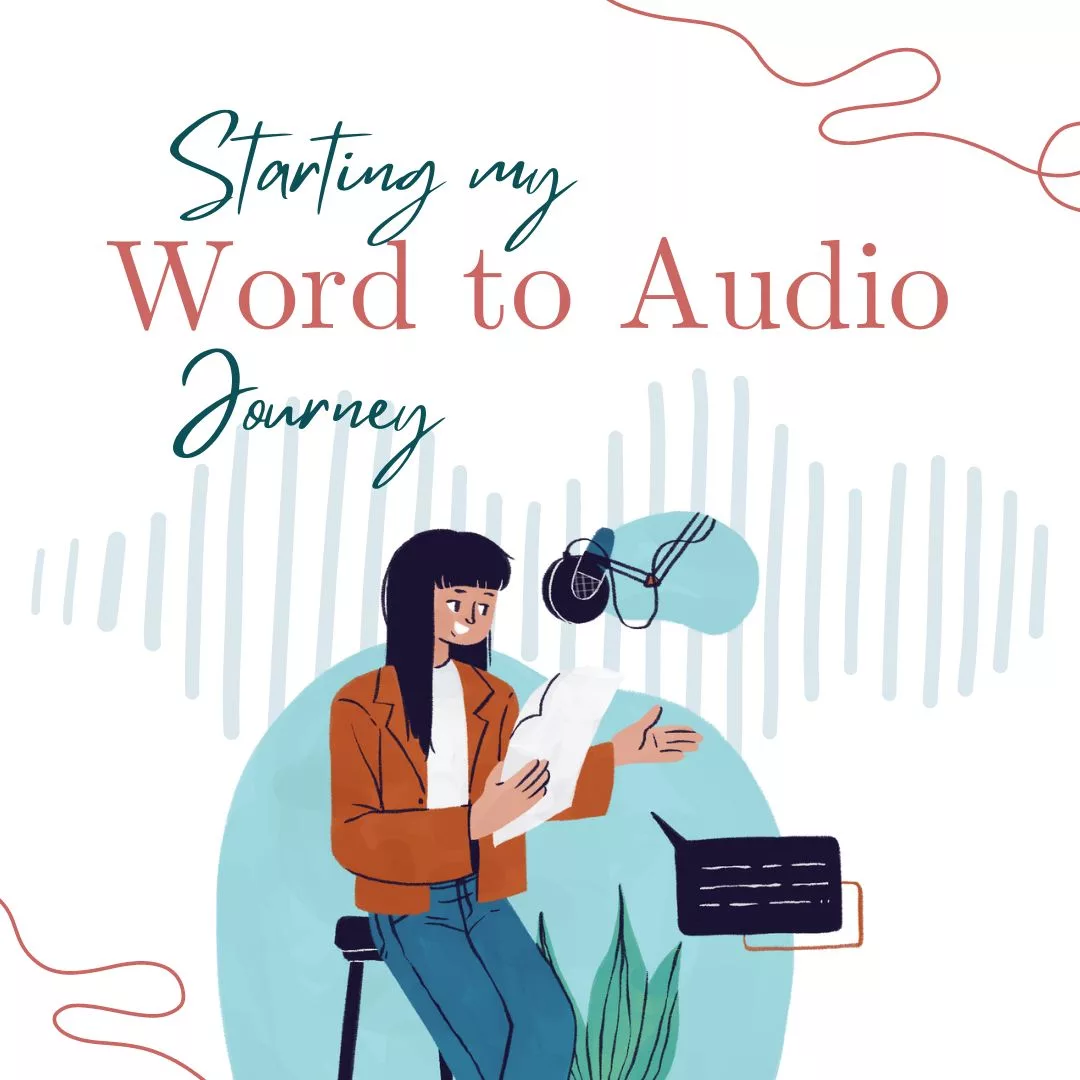
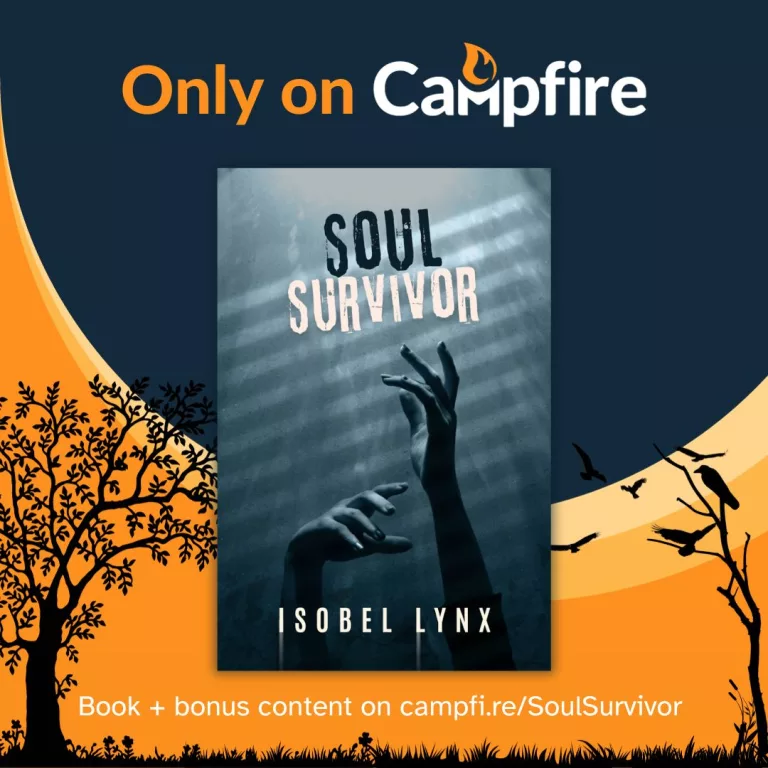
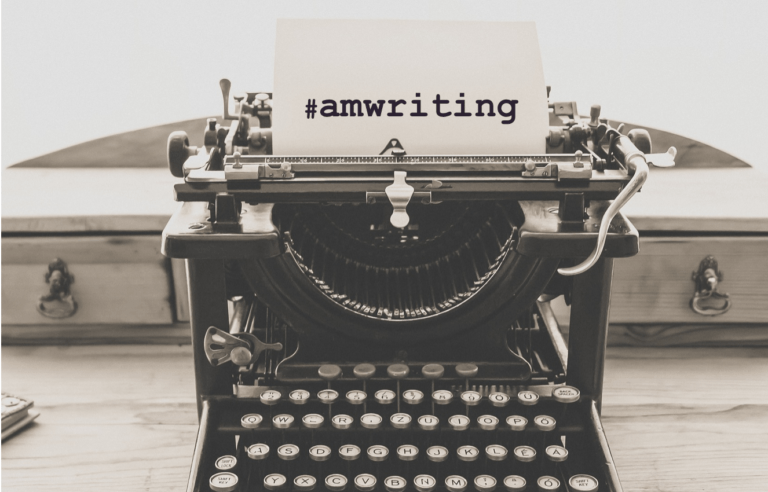
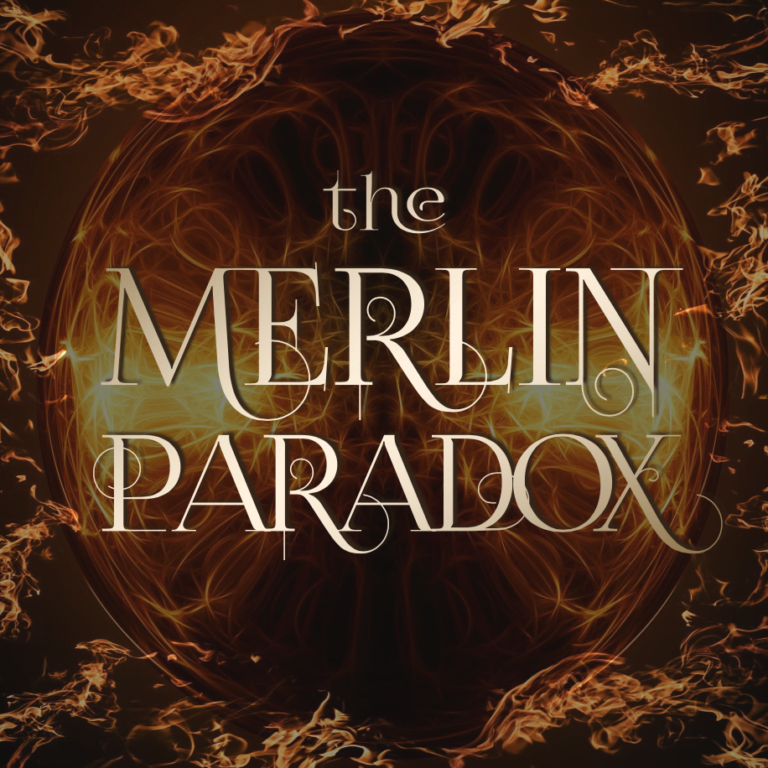
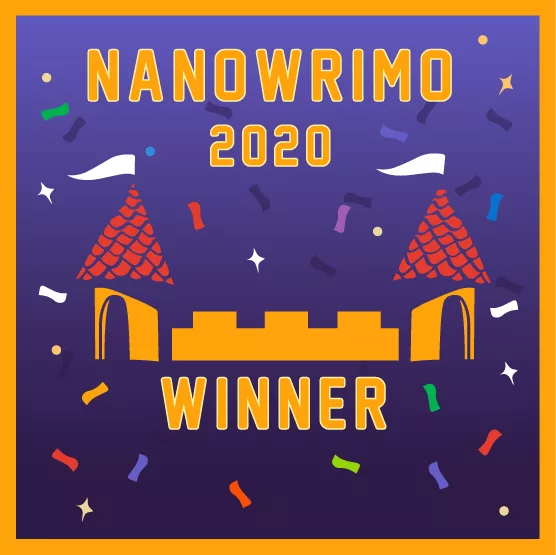
Excellent article.
For transforming my written works into audiobooks I experimented with Audacity, Wavepad and Hindenburg Narrator. I found Hindenburg the most accessible for my preferences. A bit of a learning curve with all of them, but Hindenburg proved the best choice for me. With no experience producing podcasts, I cannot speak to the best software for that. Hindenburg offers monthly and yearly subscription options (discount when paying for a year at once).
Your article got me thinking about the differences between audiobooks and old style radio plays/dramas. The style and ambiance between the two presents different challenges and opportunities. A radio style presentation, in series, production for one of my books sounds interesting. I will follow your journey through this experience.
Hi William. I haven’t checked Hindenburg just yet. Thanks for the recommendation.
Radio plays are a blast from the past. I remember enjoying them back in the day. I think it’s time they had a comeback.
I agree. Radio plays would do well in today’s podcast environment.